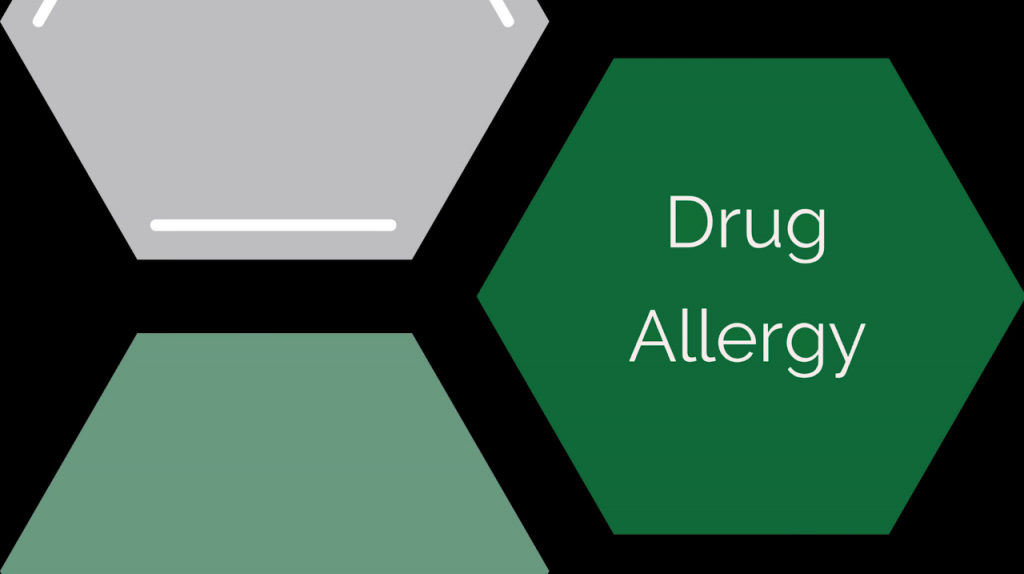Use of Regulations, Laws, Standards, and Best Practices When Prosecuting and Defending Hospitals in Drug Injury Lawsuits
During their professional training, health care practitioners take courses in medical law and regulation. And today, many states require practitioners, particularly high-risk professionals like physicians, to take some form of continuing education for risk management, to reduce the possibility of an error leading to a lawsuit.
Also, such education is often necessary for purposes of renewing state licenses or registration. Risk in this context refers to the legal liability or malpractice cases that may be brought by a patient or family member against the practitioner (physician, nurse, pharmacist, etc.) along with the entity (for example, the hospital) that employs the practitioner. Frequently, this includes a lawsuit against many practitioners as well as the entity
Forensic Analysis in Drug Litigation Finds Most Errors Occur with Commonly Used Therapies and Practices
In previous columns, we have explored various ways in which the historical basis for pharmacy and therapeutics (P&T) committees’ accreditation requirements and litigation matters have driven the need for sound P&T committees within health care entities. The importance of rational drug-use policy was covered in this column in 20172 and the topic has gained additional exposure as a result of recent Food and Drug Administration (FDA) and Centers for Medicare and Medicaid Services (CMS) initiatives. FDA Commissioner Scott Gottlieb accelerated
Drug Allergy Video

Allergic reactions can occur with any drug. Patients need to be constantly asked about allergic reactions, and notes/warnings/flags about allergies must be posted on all medical, health, pharmacy, and dental records. Some drugs cause allergies more than others, and patients with multiple allergies are at risk for more allergies and more severe reactions. Allergic reactions can be minor, a rash, itching, or severe/deadly, an anaphylaxis – unable to breath, loss of pulse, or severe swelling/ rash on the skin.
The minor reactions, with no prior reaction hisory, are unavoidable. They are important, and must be noted, because the second or subsequent exposures can result in a severe or deadly reaction. As a result of this, severe reactions are, in most cases, avoidable.
The video, presented by James T. O’Donnell Pharm D, discusses allergic reactions, risks, avoidance, and provides guidances for risk reduction of this very common and frequently deadly adverse drug reaction.